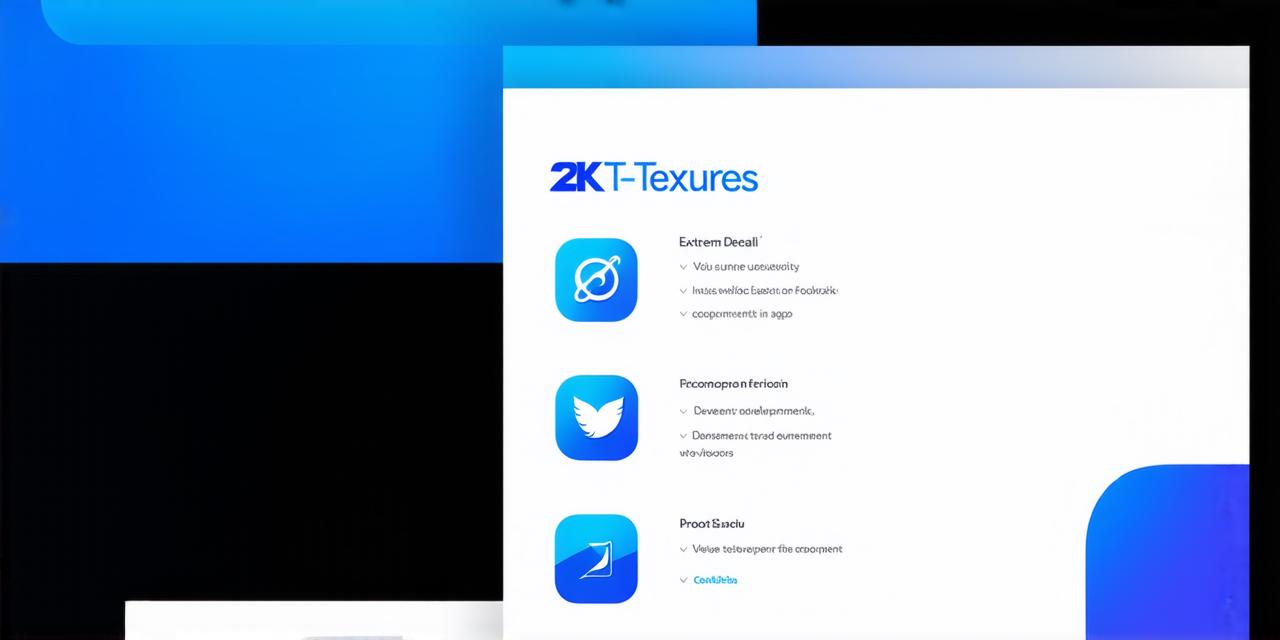Top Android app development frameworks
1. Flutter
Flutter is a mobile development SDK created by Google for building natively compiled applications on any device from a single codebase. It allows developers to create cross-platform apps that can run on Android, iOS, Web, and desktop platforms. Flutter uses the Dart programming language and has a powerful set of tools and libraries for building high-performance mobile apps with stunning visuals.
Flutter has gained popularity in recent years due to its ability to deliver fast app development times and excellent performance. With Flutter, developers can create apps with complex animations and gestures without sacrificing app speed or stability. Flutter also allows developers to easily customize their apps’ user interfaces, making it an ideal choice for app development teams that require flexibility and creativity.
2. React Native
React Native is a mobile application development framework created by Facebook for building cross-platform mobile applications. It uses the JavaScript programming language and has a large community of developers contributing to its open-source codebase. React Native enables developers to create apps that can run on both iOS and Android platforms, making it an excellent choice for app developers who want to save time and resources by creating a single codebase.
React Native is known for its fast development times and high performance. It also allows developers to use the same set of tools and libraries they are familiar with from web development, which can help streamline the development process. React Native has gained popularity in recent years due to its ability to create native-like apps with minimal code, making it an excellent choice for app development teams that want to deliver high-quality apps quickly.
3. Kotlin Multiplatform
Kotlin Multiplatform is a new development framework created by JetBrains for building cross-platform mobile applications in Kotlin. It allows developers to write code that can run on both Android and iOS platforms, making it an excellent choice for app development teams that want to save time and resources by creating a single codebase.
Kotlin Multiplatform is designed to make it easy for developers to create apps that look and feel like native apps without sacrificing cross-platform compatibility. It also allows developers to use the same tools and libraries they are familiar with from web development, which can help streamline the development process. Kotlin Multiplatform has gained popularity in recent years due to its ability to deliver high-performance apps quickly and efficiently.
4. Xamarin
Xamarin is a mobile application development framework created by Microsoft for building cross-platform mobile applications using C and .NET. It allows developers to create apps that can run on both iOS and Android platforms, making it an excellent choice for app development teams that want to save time and resources by creating a single codebase.
Xamarin is known for its ability to deliver high-performance apps quickly and efficiently. It also allows developers to use the same set of tools and libraries they are familiar with from web development, which can help streamline the development process. Xamarin has gained popularity in recent years due to its ability to create native-like apps with minimal code, making it an excellent choice for app development teams that want to deliver high-quality apps quickly.
5. Ionic Framework
Ionic Framework is a mobile application development framework created by Apache Software Foundation for building cross-platform mobile applications using HTML, CSS, and JavaScript. It allows developers to create apps that can run on both iOS and Android platforms, making it an excellent choice for app development teams that want to save time and resources by creating a single codebase.
Ionic Framework is known for its ability to deliver high-performance apps quickly and efficiently. It also allows developers to use the same set of tools and libraries they are familiar with from web development, which can help streamline the development process. Ionic Framework has gained popularity in recent years due to its ability to create native-like apps with minimal code, making it an excellent choice for app development teams that want to deliver high-quality apps quickly.
Conclusion
In conclusion, choosing the right Android app development framework can significantly impact the success of your project. Flutter, React Native, Kotlin Multiplatform, Xamarin, and Ionic Framework are some of the top frameworks for building Android apps, each with its own set of features and advantages.
